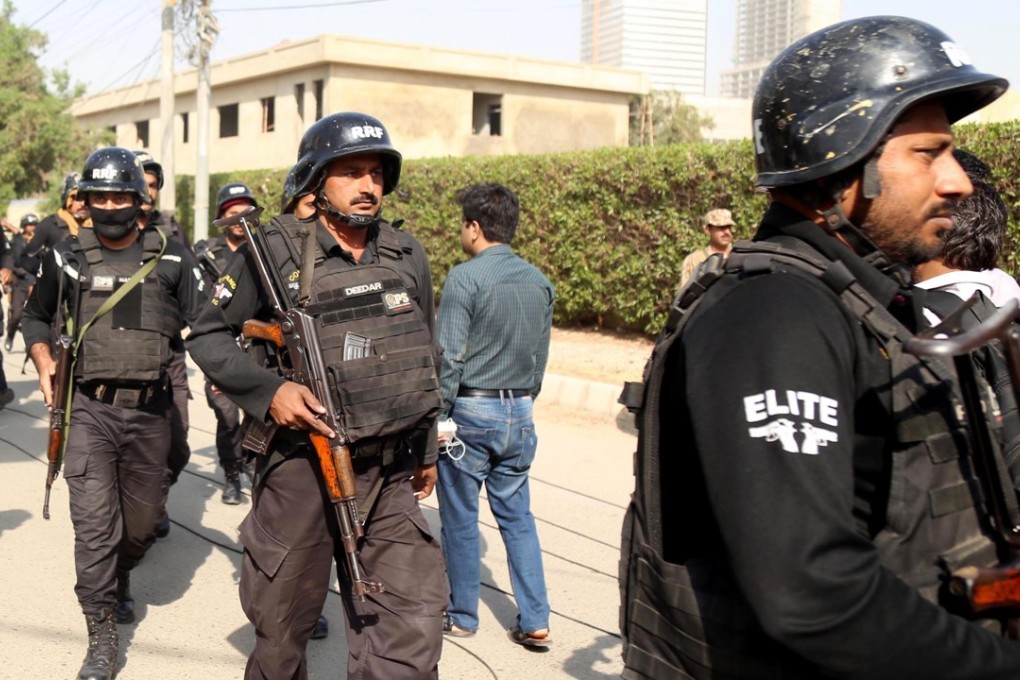Opinion | Attacks on Chinese nationals and interests in Pakistan are likely to continue. Here’s why
- Baloch separatists view Chinese investment, including the US$62b China-Pakistan Economic Corridor, as exploitation of local resources
- Pakistan’s support for militant proxies has provided terrorists space to survive and mount attacks.

Despite being armed with suicide vests, hand grenades and AK-47s, the militants failed to enter the consulate building and were neutralised at the entrance.
Presently, around 20,000 Chinese nationals – 10,000 on CPEC and the same number on non-CPEC projects – are working across Pakistan. In the corridor’s second phase, this number will increase further as China is likely to bring more companies and workers to Pakistan. Meanwhile, the number of Chinese nationals visiting Pakistan annually on short-term visas is as high as 70,000.
Despite the success of CPEC, Baloch separatists view Chinese investment in Balochistan as usurpation and exploitation of their resources. These separatists believe the Chinese projects are aimed at colonising Balochistan, and they must be resisted.
